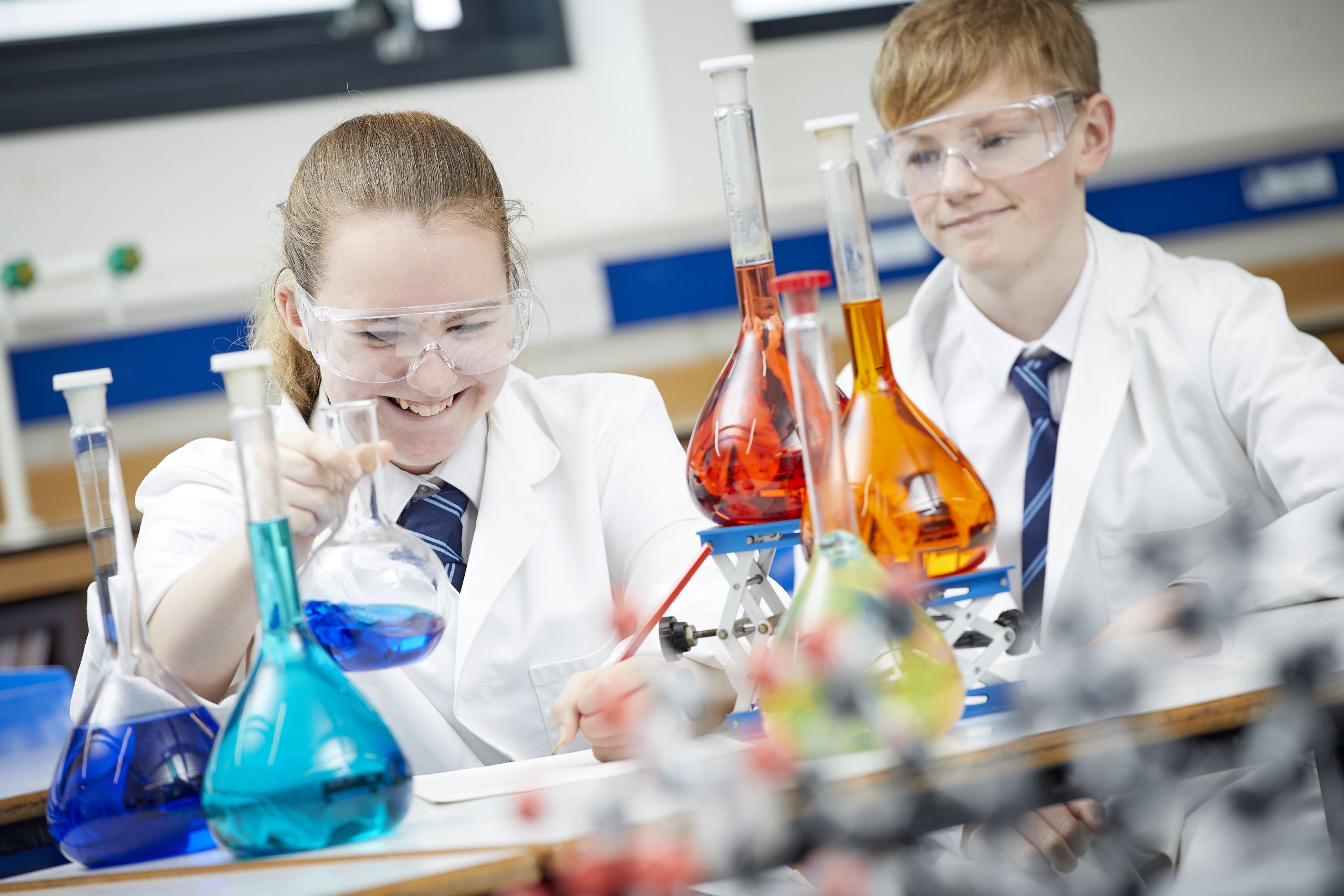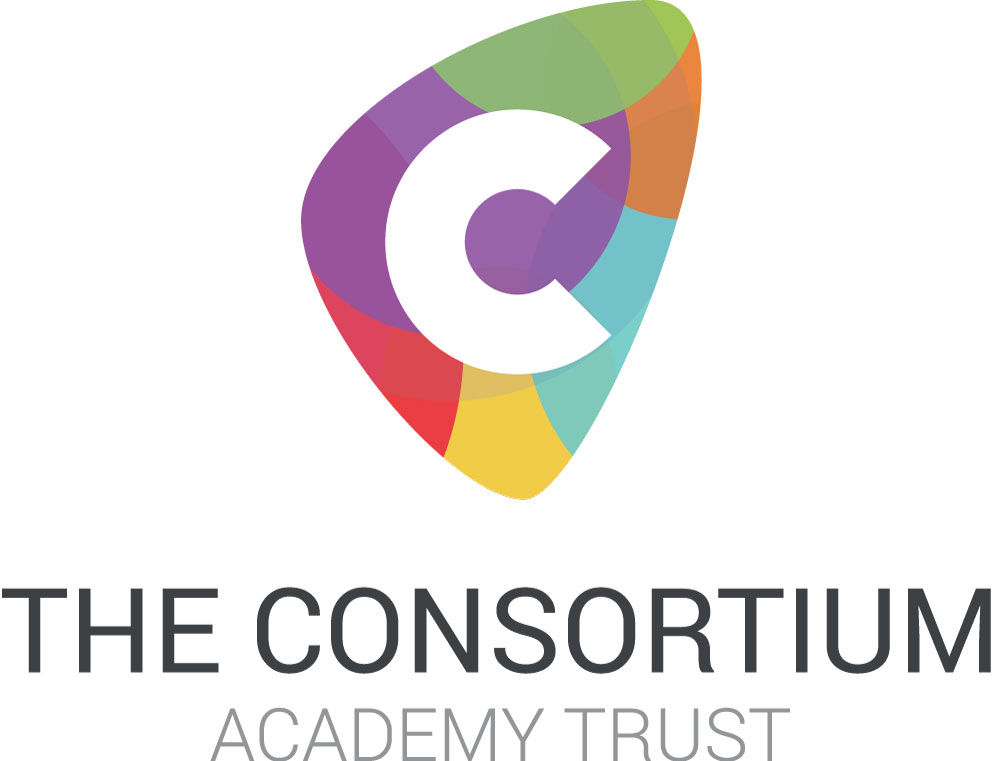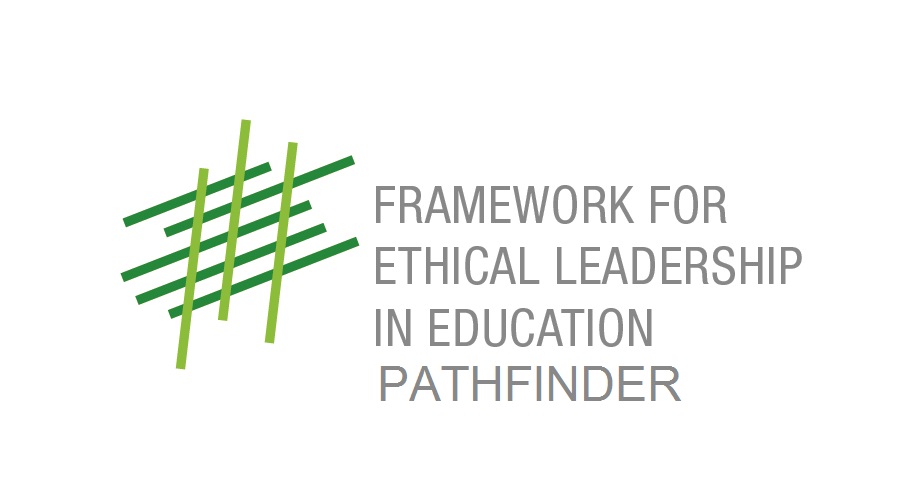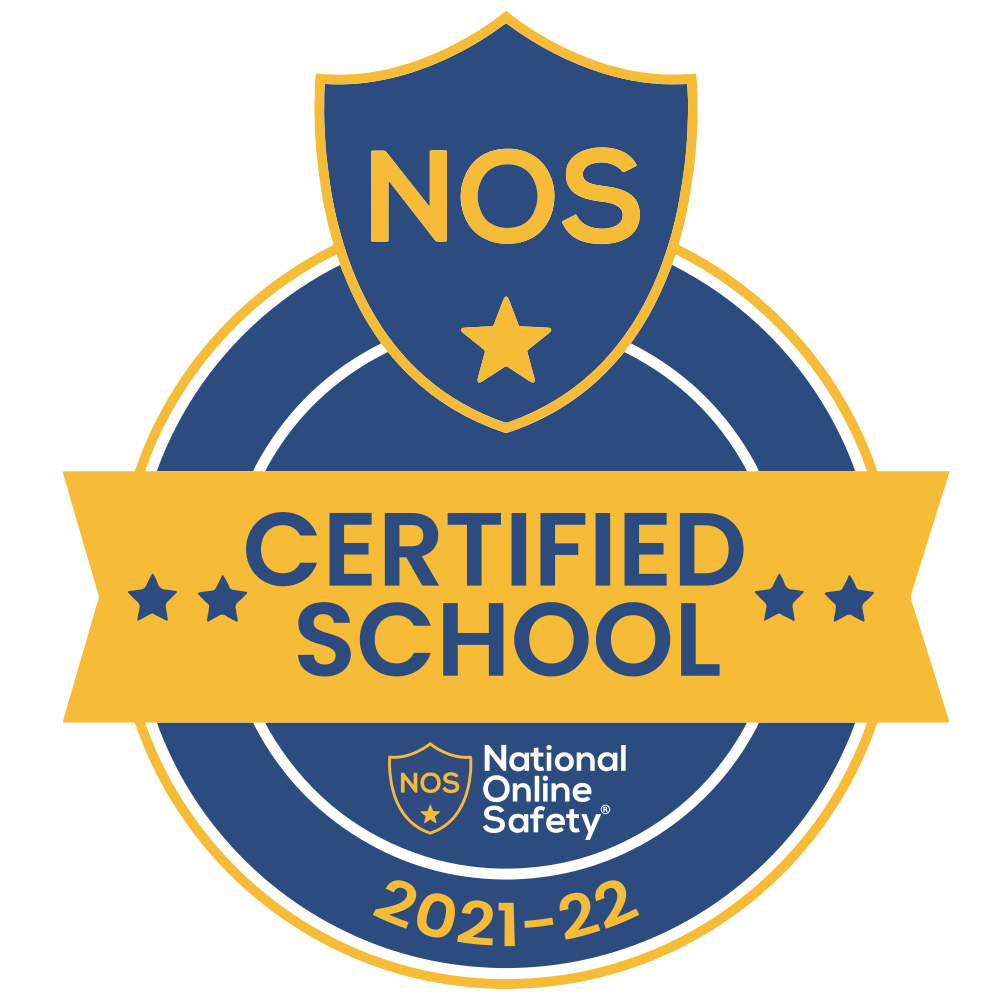Drama
The Drama department forms part of the English Faculty. Drama is a popular and thriving subject with large numbers of students continuing to study it at both GCSE and A Level. Drama lessons involve a wide range of practical activities including developing vocal and physical skills,rehearsing, performing, characterisation, communication and understanding of style, genre, and Theatrical conventions. In Drama, students develop the ability to think creatively and to find innovative and exciting ways to communicate their ideas and opinions.
The Drama curriculum in Key Stage 3 builds a working knowledge and understanding of the creative elements of Drama which include body language, facial expressions, creating characters, spatial awareness, communication, co-operation and concentration.
At GCSE level, in Year 9 students learn to extend and develop their ideas through devising and text study. At GCSE in Years 10 and 11 students learn to use a wide range of skills and techniques in order to hone their own style and find their strengths.
At A-level students are encouraged to further develop their personal style and to produce professional quality work.
| Staff | Position |
|---|---|
| Miss Metcalfe | Teacher |
Key Stage 3
In years 7 and 8, students follow courses to fulfil the National Curriculum. The National Curriculum says:
All students should be enabled to participate in and gain knowledge, skills and understanding associated with the artistic practice of drama. Students should be able to adopt, create and sustain a range of roles, responding appropriately to others in role. They should have opportunities to improvise, devise and script drama for one another and a range of audiences, as well as to rehearse, refine, share and respond thoughtfully to drama and theatre performances. All students should be enabled to participate in and gain knowledge, skills and understanding associated with the artistic practice of drama. Students should be able to adopt, create and sustain a range of roles, responding appropriately to others in role. They should have opportunities to improvise, devise and script drama for one another and a range of audiences, as well as to rehearse, refine, share and respond thoughtfully to drama and theatre performances.
|
Year 7 |
Year 8 |
|
Introduction to Drama Musical Theatre Project |
Devising Working with Text Understanding of style, genre and Theatrical Conventions |
Additional resources to support learning in Key Stage 3 Drama
Encourage your child to:
● Visit the theatre to see a range of productions
Key Stage 4
Aims of the course:
The aims and objectives of this qualification are to enable students to:
● apply knowledge and understanding when making, performing and responding to drama
● explore performance texts, understanding their social, cultural and historical context including the theatrical conventions of the period in which they were created
● develop a range of theatrical skills and apply them to create performances
● work collaboratively to generate, develop and communicate ideas
● develop as creative, effective, independent and reflective students able to make informed choices in process and performance
● contribute as an individual to a theatrical performance
● reflect on and evaluate their own work and that of others
● develop an awareness and understanding of the roles
Course content:
|
Component 1 Devising |
Component 2 Performance from Text |
Component 3 Theatre Makers in Practice |
Assessment:
Component 1 40% of the qualification
Component 2 20% of the qualification
Component 3 40% of the qualification
Encourage your son / daughter to:
Attend as much Live Theatre as possible
Discuss the style, genre and production values with their teachers and others
We also recommend the purchase of revision guides through the school to further assist students’ work outside the classroom.
Where required, passwords have been provided to students directly. For further support please contact the school.
Sixth Form Courses
A Level Drama (Edexcel)
Aims of the course:
The aims and objectives of this qualification are to enable students to:
● develop and apply an informed, analytical framework for making, performing, interpreting and understanding drama and theatre
● understand the place of relevant theoretical research in informing the processes and practices involved in creating theatre and the place of practical exploration in informing theoretical knowledge of drama and theatre
● develop an understanding and appreciation of how the social, cultural and historical contexts of performance texts have influenced the development of drama and theatre
● understand the practices used in 21st-century theatre making
● experience a range of opportunities to create theatre, both published text-based and devised work
● participate as a theatre maker and as an audience member in live theatre
● understand and experience the collaborative relationship between various roles within theatre
● develop and demonstrate a range of theatre-making skills
● develop the creativity and independence to become effective theatre makers
● adopt safe working practices as a theatre maker
● analyse and evaluate their own work and the work of others.
Core skills
The core skills being developed in this qualification are:
● the ability to recognise and understand the interrelationship between performer, designer and director
● the understanding that texts and extracts studied may represent a range of social, historical and cultural contexts
● the ability to analyse and evaluate their work and the work of others
● the ability to understand how performance texts can be interpreted and performed
Course Content
Component 1
Devising Overview. In this component students will develop their creative and exploratory skills to devise an original performance. The starting point for this devising process will be an extract from a performance text and an influential theatre practitioner. In their creative explorations, students will learn how text can be manipulated to communicate meaning to audiences and they will begin the process of interpretation. They will gain an understanding of how a new performance could be developed through the practical exploration of the theatrical style and use of conventions of the chosen practitioner.
Component 2
Text in Performance Overview. Students will develop and demonstrate theatre-making skills, appropriate to their role as a performer or designer. They will explore how they realise artistic intentions in performance. The knowledge and understanding acquired though the study of one key extract from a performance text in Component 1 can be applied to assist in the interpretation, development and realisation of key extracts from performance texts. Teaching and wider reading should address the significance and influence of social, historical and cultural contexts on the chosen texts and extracts.
Component 3
Theatre Makers in Practice Overview. Theatre is a collaborative art form and it is important that students have a clear understanding of how different creative ideas are put into practice. This component requires students to consider, analyse and evaluate how different theatre makers create impact. Throughout this component, students will consider how production ideas and dramatic elements are communicated to an audience from the perspective of a director, a performer and a designer. Students will critically analyse and evaluate their experience of live performance. As an informed member of the audience they will deconstruct theatrical elements which will help inform their own production choices and develop their own ideas as potential theatre makers. Students will practically explore texts in order to demonstrate how ideas for performance and production might be realised from page to stage. They will also consider the methodologies of practitioners and interpret texts in order to justify their own ideas for a production concept. Students will research the original performance conditions and gain an understanding of how social, historical and cultural contexts have informed their decisions as theatre makers.
Assessment
The course comprises:
Component 1 40% of the Qualification
Component 2 20% of the Qualification
Component 3 40% of the Qualification
Encourage your son /daughter to:
Visit as much Live Theatre as possible
Read about and learn about Theatre Practitioners and their style and influences
Read about Theatre History
Where required, passwords have been provided to students directly. For further support please contact the school.






